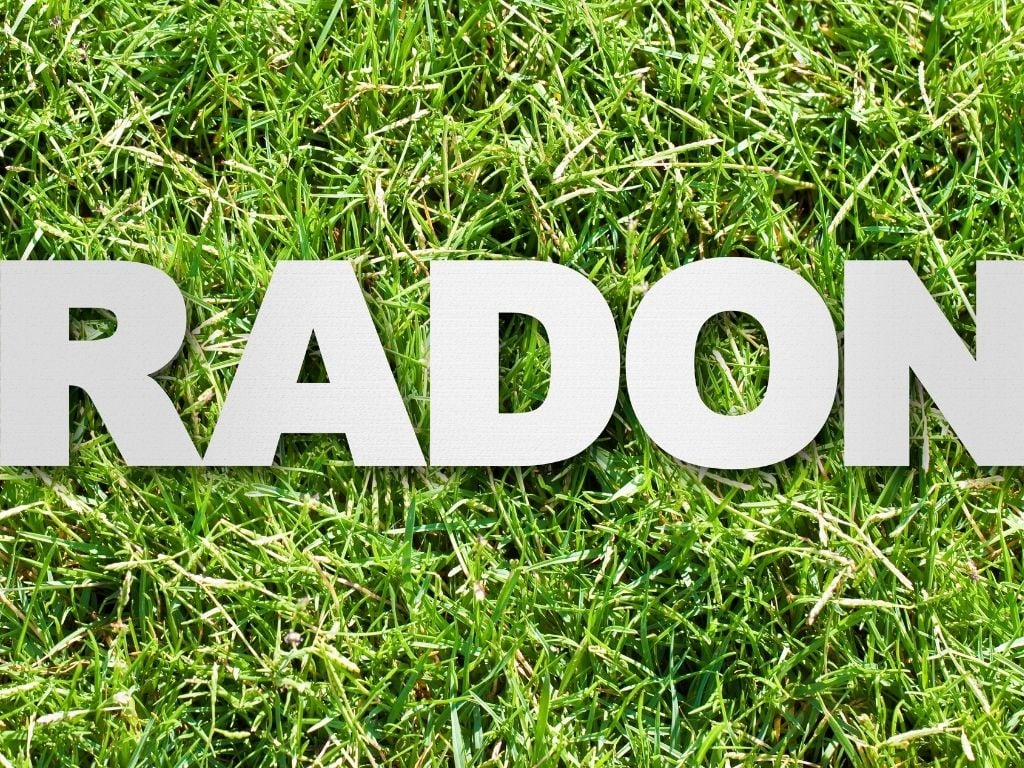Radon in Rhode Island: Why Buyers Should Always Test
When buying a home in Rhode Island, certain health and safety checks, like radon testing, are essential. While it may seem like a minor step, testing for radon can help you avoid future health risks, especially in a state like Rhode Island where this odorless, radioactive gas is more common than you might think. Here’s why radon testing matters, what it costs, and what to expect if you need a radon mitigation system installed.
Why Radon Matters
Radon is a naturally occurring radioactive gas produced from the breakdown of uranium in soil and rocks. While low levels of radon exist in the air we breathe daily, concentrated levels can accumulate indoors, posing serious health risks. The U.S. Environmental Protection Agency (EPA) identifies radon as the second leading cause of lung cancer in the U.S. after smoking, making it essential to test for—especially in Rhode Island, where many homes have the type of foundations that allow radon to collect.
Why is Radon Common in Rhode Island?
The prevalence of older homes with basements or crawl spaces combined with the radon-prone soil found throughout our state makes Rhode Island a prime location for radon. According to the Rhode Island Department of Health, as many as one in four homes in the state may have radon levels above the EPA’s recommended action level of 4 picocuries per liter (pCi/L). Testing for radon is a smart choice!
Testing for Radon During Your Home Inspection
Radon testing is straightforward and affordable, costing between $150 and $250, depending on the inspector. Most Rhode Island home inspectors offer it as an add-on to the standard home inspection. The test typically involves placing a monitor in the lowest level of the home for 48-72 hours to measure radon levels. If results come back at or above 4 pCi/L, the EPA recommends taking action to reduce levels through a mitigation system.
Radon Mitigation: How It Works and What It Costs
If your radon test reveals elevated levels, the good news is that radon mitigation systems are highly effective and relatively quick to install. The cost to install a radon mitigation system in Rhode Island generally ranges from $1,400 to $2,000, depending on the specifics of the property.
What to Expect from a Typical Radon Mitigation Process:
- Initial Planning & Site Assessment: A certified radon mitigation contractor will assess your home’s foundation type—whether it’s a basement, slab-on-grade, or crawl space—to determine the best approach for effective radon reduction.
- Sub-Slab Suction: In most Rhode Island homes, contractors drill a small hole through the basement slab to access the soil, inserting a PVC pipe to create a pathway for radon gas to escape.
- Ventilation Pipe Installation: This PVC pipe extends from the foundation level up to the exterior, rising above the roofline to allow radon to disperse safely into the atmosphere, away from windows or other openings.
- Fan Installation: A radon fan is installed along the vent pipe, either on an exterior wall or in the attic, continuously drawing radon from beneath the home and expelling it safely outside.
- System Activation & Testing: The contractor will conduct a follow-up radon test to ensure levels are safely below the EPA action level, and most systems come with a pressure gauge for ongoing monitoring.
The entire installation process can often be completed in a single day. Once installed, radon mitigation systems are low-maintenance, though it’s wise to test radon levels periodically and check the system fan annually.
Peace of Mind for Rhode Island Buyers
Including radon testing in your home-buying process is a proactive step that can have a significant impact on your family’s health and safety. Testing lets you know where you stand, and if you do need mitigation, it’s reassuring to know effective solutions are available at a reasonable cost. This preventive measure can also be a positive selling point if you decide to sell in the future, demonstrating that you’ve prioritized health and safety in the home.
Final Thoughts: Small Step, Big Benefit
Radon is a hidden issue that’s easy to overlook but important to address. Testing is an added cost to your inspection but it’s important information to take into consideration, and if elevated levels are found, we may be able to negotiate a contract addendum that requires the Seller to be responsible for the installation of the mitigation system prior to the closing or negotiate a credit for the estimated cost of the installation. Taking this simple step as a buyer in Rhode Island is essential, especially with our older housing stock and unique geological conditions.
If you have questions about radon testing, the mitigation process, or other aspects of buying a home in Rhode Island, reach out anytime. As your trusted Realtor, I’m here to guide you through every step, ensuring you’re making informed decisions for a safe and comfortable future.



